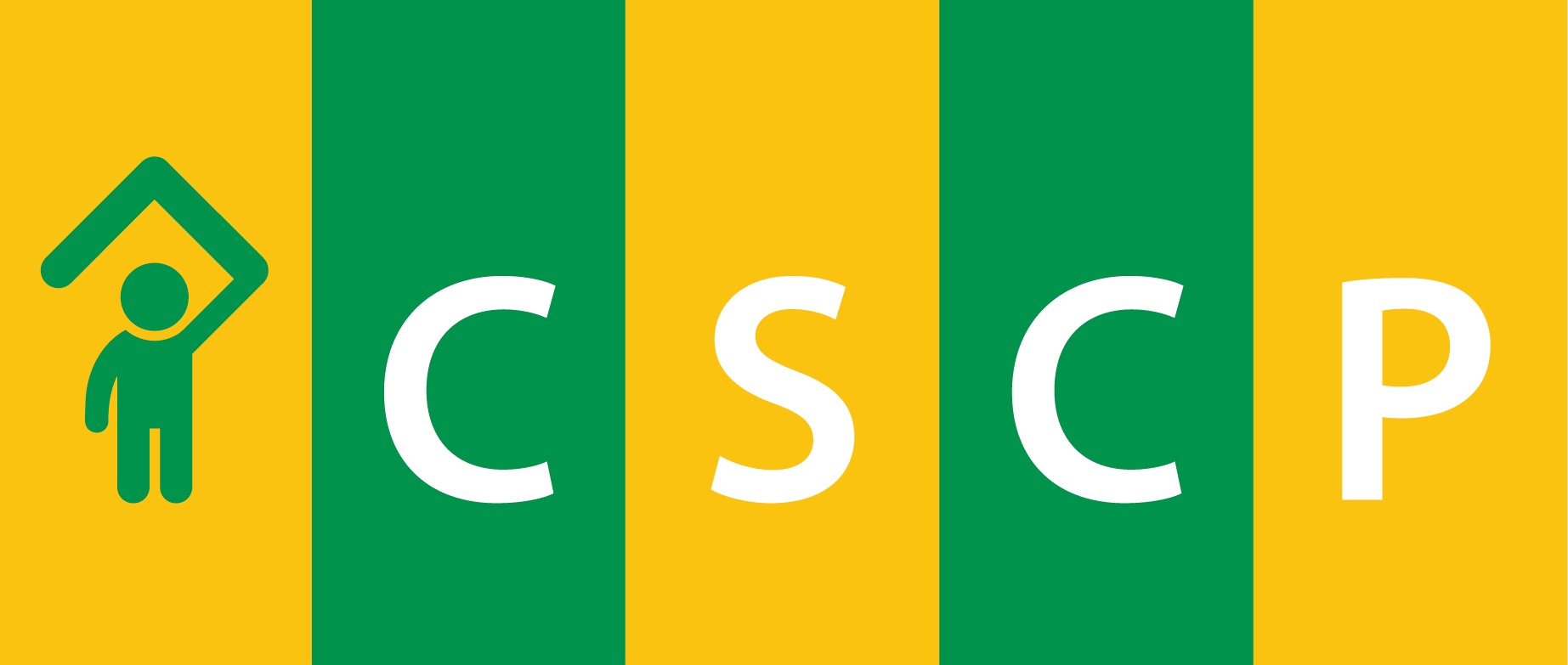Early Help
Working Together defines Early Help as support for children of all ages that improves a family’s resilience and outcomes or reduces the chance of a problem getting worse. It is not an individual service, but a system of support delivered by local authorities and their partners working together and taking collective responsibility to provide the right provision in their area. Read more about 'Working Together' on GOV.UK
At this level of need an Early Help Assessment - Signs of Well-being (EHA) should be completed with the child and family to identify, what is working well, what the worries are and what wellbeing would look like? A clear plan will be developed by the agencies with the family that is SMART and is focused on what success will look like for the child/ren.
Any professional from a service that supports families can initiate an Early Help Assessment - Signs of Well-being (EHA) and can be carried out with any child or young person from pre-birth up to age 19 (up to the age of 25 if the young person has a learning difficulty or disability).
The completion of an EHA would trigger a response from different agencies. A date should be set for a Team Around the Family (TAF) meeting, in order to identify a coordinator, agree the plan and which agency would work to achieve each of the wellbeing goals.
Early Help consultancy, advice and guidance
Early Help Officers provide Early Help consultancy to support any agency undertaking Early Help work. Early Help consultancy includes:
- being the first point of contact for advice and guidance, when an agency is unclear if a contact needs to be made to the Multi-Agency Safeguarding Hub
- advising if the child or family is already open to a children and families services
- supporting others to complete an Early Help Assessment Signs of Wellbeing
- supporting Early Help coordinators across the partnership around our strengths based approach to the effective delivery of Early Help through briefings, workforce development, information, advice and guidance
- providing support and challenge to agencies completing Early Help Assessment Signs of Wellbeing, to ensure that the work they are completing, alongside children and families, has significant and sustained impact
- identifying and address any drift and delay in Early Help cases coordinated by partner agencies
When an agency or TAF are concerned about how to deliver the plan or are unable to identify an appropriate coordinator, the case should be taken to the Early Help and Family Support Panel.
Contact the Early Help Team
There is a named Early Help Officer (EHO) for every Team around the School. The EHO's are the district officers, you can find their contact details on our contact page.
Consultation advice and guidance
Cumberland Early Help Team dedicated consultation advice and guidance.
Telephone: 0333 2401727
Westmorland and Furness Early Help Team dedicated consultation advice and guidance.
Telephone: 0300 373 2723
Early Help Strategy
The purpose of this strategy is to set out how all those working with children, young people and their families will deliver services in a way which ensures they maximise their potential and keep them safe without recourse to targeted or intensive interventions from statutory agencies.
Cumberland Family Help and Prevention Strategy (Children and Families) 2024-2027 (PDF, 140KB)
Westmorland and Furness Family Help Strategy 2024-2028 (PDF, 120KB)
Early Help and Family Support Panel
If you're working with a family and their Early Help plan is not working for them, you can refer to the Early Help and Family Support Panel for more advice.
Early Help Assessment
Online Early Help registration, change of coordinator and closure forms.
Request for SEND Professional Involvement
About the process and where you can find the forms.
Police sharing information
When Cumbria Police are called out to a family where there is a registered Early Help Assessment in place, they will now share information about the incident directly with Early Help coordinators.
Become a Early Help Champion
Early Help Champions are passionate about practice and motivated to support the ongoing implementation within their own service area. They work within our children's and adult’s workforce across Cumberland and Westmorland and Furness and will provide some support and advice for their own organisation.
Early Help Quality Assurance
As part of Early Help quality assurance the Early Help team undertake a number of measures including, audit, tracking and Service User Feedback. It is also expected that agencies should have their own Early Help Management oversight systems in place as well.
Early Help documents in other languages
A selection of early help forms and leaflets provided in other languages
